Michael Keady
Roll For Growth is a type of group therapy which uses creative storytelling games such as Dungeons & Dragons in order to provide inspirational and educational experiences. These games are amazing because they are incredibly flexible, creative and social. Part of the aim is simply getting young people out of the house and socialising with peers in a prosocial way. This style of therapy appeals to fans of gaming, science fiction and fantasy, but brings them away from screens and to a table with their peers.
Participants create characters, often heroic ones, who will go on an adventure in a story written by the facilitator. These stories provide chances for players to tell their own story, and navigate social situations, solve puzzles, resolve conflict and learn about mental health along the way.
These characters are created by the players, using the game’s rules and their own creative writing, based on the genre of the game, such as fantasy, superheroes or science fiction. They come up with character traits and backstories for these characters, with encouragement for their characters to represent themselves or aspects of themselves. Some players may choose for their character to have a specific trait of theirs that they are proud of, and other characters may be full representations of the player.
The story is altered to fit the needs of the participants, and also by the participants, who will use their own creative thinking and problem-solving to navigate the obstacles which may arise. In this style of therapy, participants get to engage with their own creativity, and learn from their character’s experience, as they battle the black dog, or face the anxiety gremlins.
The story is created by me, using a blend of fantasy tropes, creative engagement with the team, and improvisation. It is a collaborative process that works with the interests and personal stories of the players. We start with a simple framework, such as a quest to banish the black dog, a Depression Monster, from the kingdom, and we fill in the details with the player’s characters through their adventure.
This is a fun and engaging style of therapy which seeks to empower participants and speak to their own passions and interests. Flexibility and improvisation are used regularly to build participants’ openness to new solutions to problems and personal resilience. Challenges are custom-created to play to the strengths and weaknesses of the party. Players struggling with anxiety will be presented with challenges to suit their needs, or players in groups more focused on team-building are going to need to work together as a team to overcome obstacles greater than themselves.
This therapy uses a blend of social and emotional learning strategies, as well as integrating tools from a variety of therapy styles, including narrative therapy, cognitive behavioural therapy, acceptance and commitment therapy and dialectical behaviour therapy. The games are structured around the concept of vicarious learning, and player characters may be placed into situations where they will need to assess their own responses to situations, or learn new perspectives in order to see a situation in a different way. Each group’s story is unique to the group based on their needs.
This creates opportunities for participants to learn valuable life skills such as emotional regulation, conflict resolution, and navigate social situations in a supportive environment. These programs are also fun and provide a therapy experience that young people want to come back to.
It’s also recently been covered in a blog post by Particle, the online publication for Scitech! Read more here: https://particle.scitech.org.au/people/taming-the-black-dog-with-dungeons-dragons/
If you are interested in learning more about this program, you can reach Mike on Facebook at www.facebook.com/counsellingwithmike , or on his website at www.counsellingwithmike.com.au
Author
Michael Keady
Roll for Growth
